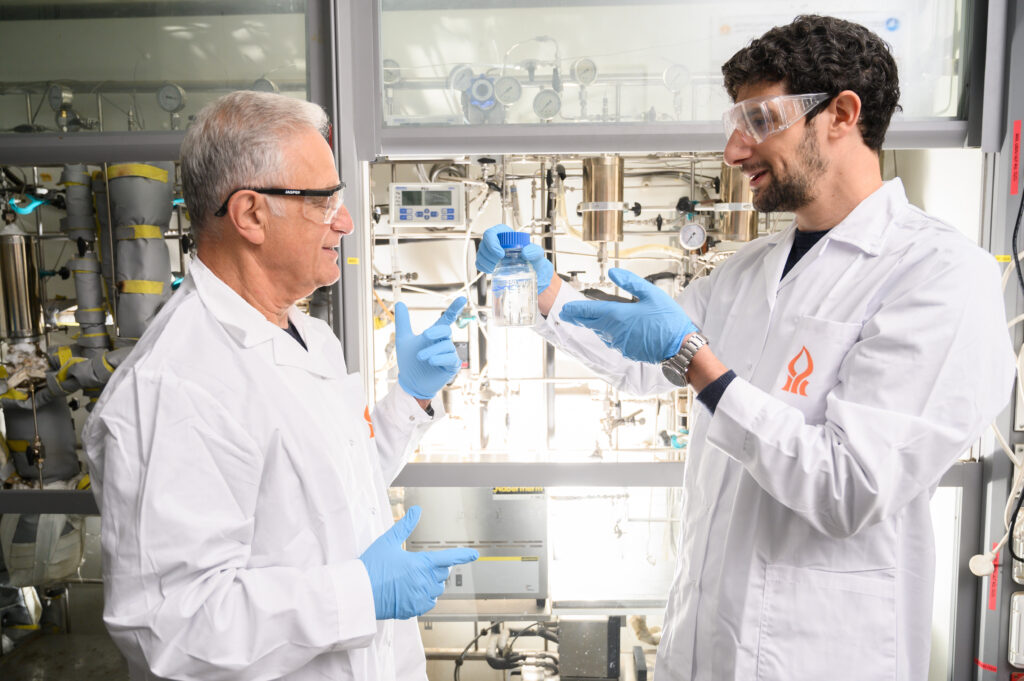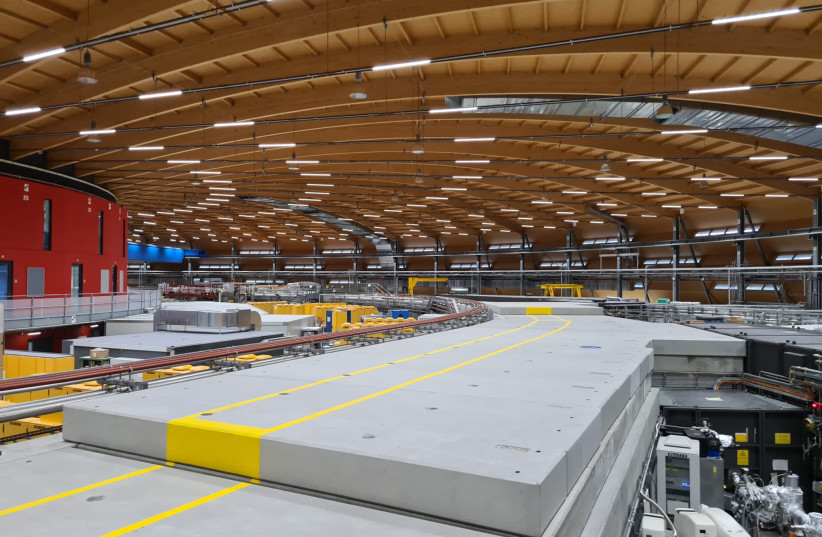
BGU Finds New Ways to Make Nuclear Plants Safer
BGU Finds New Ways to Make Nuclear Plants Safer
February 15, 2019
The Jerusalem Post – A team of researchers from Ben-Gurion University of the Negev has discovered ways to increase the safety of next-generation nuclear power plants.
“The Chernobyl and Fukushima Daichii accidents raised awareness and put the issue of severe core accidents (SCA) on the scientific agenda,” says Dr. Gilad Erez of BGU’s Unit of Nuclear Engineering in the Faculty of Engineering Sciences. “But researching methods to reduce the risk of a nuclear emergency are currently impractical to perform.”
Now, with Dr. Erez’s research, done in cooperation with Dr. Patrick Blaise of France’s Alternative Energies and Atomic Energy Commission, the nuclear-fission chain reaction in Generation IV – the newest type of nuclear reactor – can be studied.
Dr. Erez says that in general, Gen-IV reactors are much safer than the current generation of reactors. However, how they will react in the event of an accident is not yet completely understood. Inside the reactor core there is a chain reaction of nuclear fissions.
“Neutrons are flying around inside the reactor core, and once they hit a fissionable nuclei, they split it into two,” Dr. Erez explains. “The nuclear fission converts to energy, which can be used to generate electricity but also to get additional neutrons. These neutrons are now flying inside the reactor core and they can fission additional nuclei or fissionable material, such as uranium.”
During a severe accident, the core gets too hot, and can undergo a meltdown, which is very dangerous.
“If the core melts, the nucleus fission chain reaction can diverge, and we can end up in a situation where we lose control over the chain reaction,” says Erez. “It diverges very quickly. It is not a bomb, but it is very similar. These are situations we want to avoid.”
This research will become even more relevant as the current fleet of nuclear reactors ages, and the consumption of energy continues to grow.
His findings, “Modeling Representative Gen-IV Molten Fuel Reactivity Effects in the ZEPHYR ZPR – LFR Analysis,” were published in the International Journal of Energy Research.
Dr. Erez says this research will allow modern nuclear plants to generate energy but also better detect, mitigate and prevent severe accidents in Gen-IV reactors.
“That is a big step toward the ultimate goal of studying severe core accidents on a full-core scale,” says Dr. Erez.



